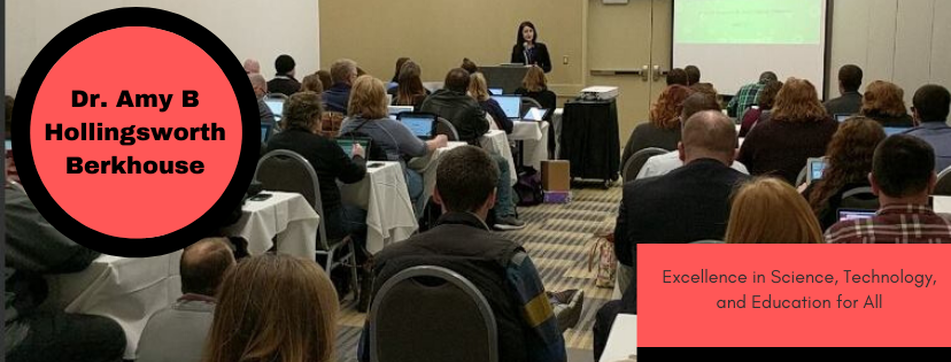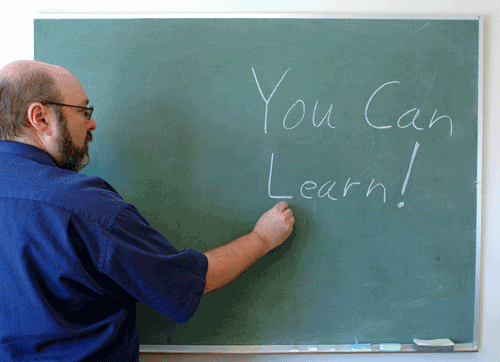Carly Fiorina
In this article, We Need to Do More than Talk about the Goddamn Test, by Jim Horn, he says:
Since 2002, standardized tests have been used to label, demonize teachers, sort and culturally-sterilize students, and shut down schools to benefit the education technology complex and the low-life losers of the charter industry.
By the way, where the hell are the hackers when we need them provide copies of the tests that Pearson and Cuomo keep secret? Where is Anonymous and their commitment to fairness and democracy??
In The New York Times piece that Jim refers to, “We Need to Talk About the Test,” by Elizabeth Phillips, she voices similar frustration. She puts forth a real concern about standardized testing:
I’D like to tell you what was wrong with the tests my students took last week, but I can’t. Pearson’s $32 million contract with New York State to design the exams prohibits the state from making the tests public and imposes a gag order on educators who administer them. So teachers watched hundreds of thousands of children in grades 3 to 8 sit for between 70 and 180 minutes per day for three days taking a state English Language Arts exam that does a poor job of testing reading comprehension, and yet we’re not allowed to point out what the problems were.
Where are the places that our students live, that allow them the time to focus on studying? In stable households, where a child can devote time and energy to studying. These are generally middle or upper-class households. I was successful in high school and college because I had two working parents who could provide a stable house, a car, utilities, a desk to study at, and the materials I needed. I wasn’t hungry or malnourished, as are many children living in poverty. I wasn’t distracted by siblings screaming and fighting in the background, by a child of my own, or by parents who were in desperate need of money, or they’d lose the family home. Both of my parents were college-educated, and could help me with my homework, and suggest ways to study. Many students these days are not as lucky as I was, but should we not even TRY to educate them in a rigorous fashion? Many teachers have to deal with IEPs, home life problems, gang problems, poverty problems - they feel like they have to prioritize keeping their students alive, and not teaching. And that makes me sad.
As it became required that every student be given a chance at a high school education, some teachers may have become more lax so that students "like them." "Popular teacher, and "hard teacher" aren't words students often mutter together. Many teachers teach things that their students enjoyed, instead of covering the entire curriculum. They began offering study sheets, which helped the students get better scores on their teacher-generated tests. The teacher-generated tests showed no consistency between teachers in the same schools, in the district, or in the state. You knew which teachers had easier tests or were more fun, and you clamored to get that teacher. Teachers found they enjoyed teaching so much more when they didn’t have students complaining about how hard their tests were, so they might have told students what exactly was going to be on the test, allowed an open book test, or even allowed students to take group tests. Is a "good teacher" the one parents and students like, or the one who completely teaches the discipline? I'd like to argue that teachers should be both. Both rigorous, and kind. Both thorough, and thoughtful. Both challenging, and fair. I believe all teachers can meet the objectives of Common Core, while keeping their creative flair.
Teachers, like Jim, who was first mentioned, wish they had a cheat sheet for the test. But in essence, they do. They have the standards. What is going to be on the test is thoroughly outlined. Teachers are free to teach their discipline to the best of their abilities, with their own creative flair, as long as they meet or exceed the bare minimum that Common Core requires. The reason Common Core emerged was because there was no consistency in education across America. Good teachers were frustrated with their students, and began dumbing-down the curriculum. Good students were frustrated by their home lives, peer interactions, and hormones, and put less and less energy into their studies.
Standardized testing points out the gaps in educational quality. Just as a doctor does a blood panel during your yearly physical, and then knows where your levels are at, standardized tests tell us what level our students are at, compared to other students across the country. As Elizabeth points out, “yet we’re not allowed to point out what the problems were,” teachers KNOW where the problems are. We know that students come to our classes unprepared from previous grade levels. We know students transfer from other districts, where they received inadequate teaching. We know students are passed on to the next grade, “because they are sweet,” and not because they are smart. Social promotions are part of the problem - letting a child pass on to the next grade level, even if they didn’t master the concepts, because it seems cruel to hold them back.
I would like to challenge every teacher - Instead of spending your precious teacher-energy complaining about the tests, every teacher in every school should vow to spend all their energy helping these kids pass (as many already do). They should research each lesson in their lesson plan and make it better, by identifying the standard it is meant to teach, and increasing the rigor of their lessons (Make one of your lessons better TODAY. Then, make one better tomorrow. Then one the next day…). They can spend their time helping the entire class, instead of leaving the class sitting and waiting, while the teacher attends to one problem student. Teachers can flip their class, so students can watch lectures at home, and teachers help the students through activities or projects during school. And, teachers can turn to experts to help them make more valuable lessons, deal with students in a way that encourages growth and success, and improve themselves as teachers by reading sites such as edutopia and The Teaching Channel.
I witness so much energy wasted, complaining about the tests. I observe teachers getting burnt out. I feel these students being anxious and frustrated. I see parents angry at the schools. And I see a way to fix this. I worked with The UT Austin. Charles A Dana Center “Professional Teaching Model (PTM).” The premise of the PTM is that teachers collaborate to look at what children should have learned in the previous grade, coming into their class. They identify what the children should learn in this grade. And finally, they assess what children will be learning the next year. Here is a worksheet, that shows how this works. This is an amazing model, because it utilizes teachers as the professionals that they are. It fosters collaboration, and constant improvement. And it accomplishes what we all want - more student success.
If every teacher in every school improved one of their lessons every six weeks, instead of hating the standards, can you imagine the leaps and bounds education would take forward?







 RSS Feed
RSS Feed
